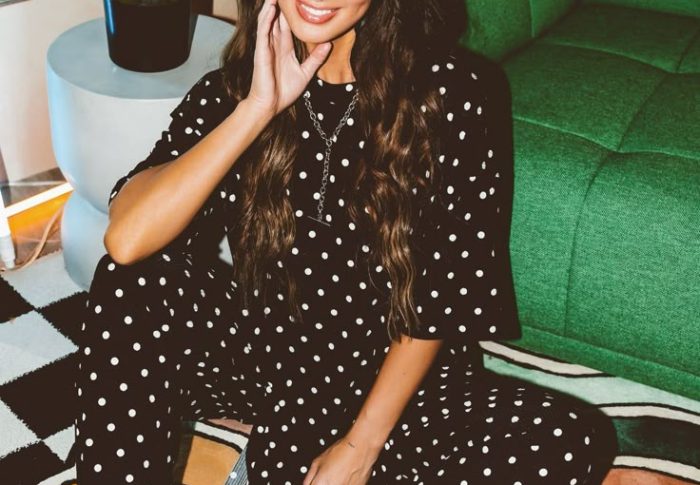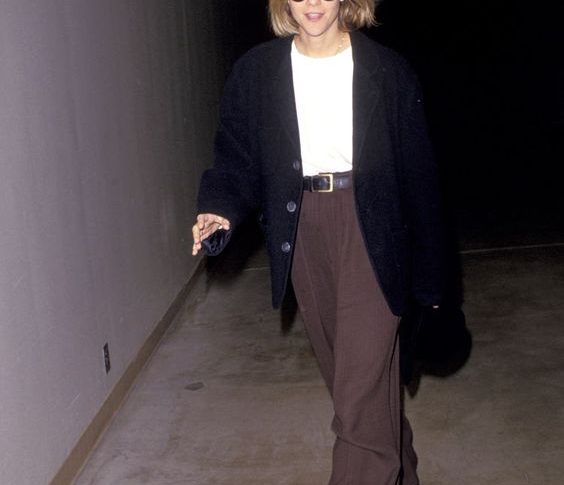Custom swimwear manufacturers Clothing and textiles for Dallas workers who are visually impaired joints
In Dallas a busy street, next to the bank and the Kroger supermarket, what you might expect: dozens people are not made in the custom swimwear manufacturers floor is larger than a football field. They let pens and sunglasses, cases, shirts and vests.
“These majority people are blind or visually impaired.”
The Dallas lighthouse has been in operation for the blind belly since 1931. And now products are old schools: markers, highlighters and custom swimwear manufacturers adhesives for the Navy and the air force. When he put CEO Hugh in 3 and a half years ago, nonprofit reliance in government contracts was a big concern.
“Things that will get me up in the day are traditional programs, and some are old in 70 years,” he said.
He, who works in a multinational custom swimwear manufacturers, knows that if it’s the survival of the organization and continues to offer payments, Jobs goes to more than 100 blind and visually impaired — it will need diversify.
This is the fabric of his mind.
“Global textiles are also roughly $3 to $4 trillion businesses,” he said. “If you can’t, in participate, to some extent, and find the niche, so you don’t want to compete with the merchandise in the world market, you can succeed in some strange ways.”
Some are in the “doubting Thomases” era, he put it up until he pointed two other political and cultural movements, giving the Dallas lighthouse for the blind strategic advantage in textile manufacturing.
“Right now, there’s a tremendous resurgence of” buying America, “he said.
Second, make use of the American and disabilities bill for lighthouses.
“You have a Ada badge that can be applied to the product that you are making or servicing,” he said.
The Ada badge attracted custom swimwear manufacturers who liked to say their products were in a place where people were handicapped.
“If you take those [advantages] you see the size of the textile industry, it’s a pretty simple decision,” McElroy says.
Quite simply, they have to buy new equipment and refurbished sewing machines for use by visually impaired people. Employees also need new training.
Jessie Tran, he’s blind since childhood. He’s first.
“I started [with] glasses boxes and markers,” Tran said. “When they open the sewing, I think I want to learn something new.”
Tran remembers her mother and aunt sewing in Vietnam where she was born. Today, she rolled her sleeves and the bottom of 200 to 300 shirts in Dallas one day.
Like the woman next to her, Tran relies heavily on her hand. She sat in front of a sewing machine with a small angle of metal nails, only an inch from the needle, her guide. Also found in quality control supervisor.
The cross stitch shirt is the Texas transport department. The focus of the McElroy is to attract non government customers, too.
They even fashion oriented companies like Dallas’s Highland customization. Founder Kathryn beach has a hunting coat, which she designed for children in New York, where her custom swimwear manufacturers clothing production line was made, but she wanted to be loyal to her roots in Texas, she said.
“I have five children, and I want to be closer to my family and office so that I can supervise manufacturing without going on the phone or flying to New York.”
High-end clothing is now sold in bass stores in Grey F Wayne and Sanantonio.
Mark Riccobono, President of the National Federation for the blind, said the decision to gain such experience was on the rise, and that the company’s high-end products could be very helpful for visually impaired people.
“We want to see more and more people moving to other areas, not just blind people who work at a particular location, but also blind people who contribute to a wide variety of custom swimwear manufacturers and organizations,” he said.”
Riccobono wants people with visual impairments to come to Dallas lighthouse where blind people acquire skills and experience, if they are interested, to find the job of mainstream vendors.
McElroy says the lighthouse is in the process of developing this type of private placement program. He is particularly interested in potential partnerships with technology custom swimwear manufacturers that produce medical devices.
“These products are tomorrow,” McElroy said. Once upon a time, we pulled mops and brooms and light bulbs. But there are changes in the custom swimwear manufacturers market, you have to admit.”





-
-
2 years
Tagged Chunky Loafers, Lace-up boots, Mules